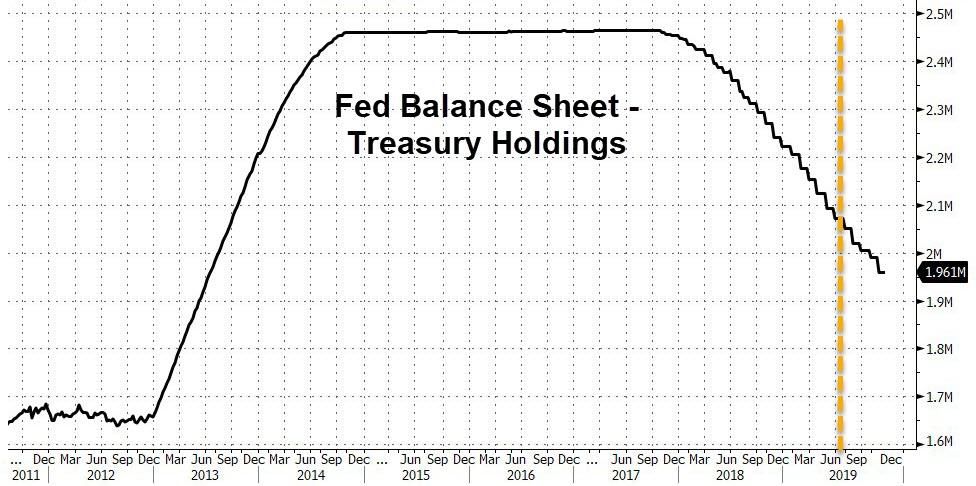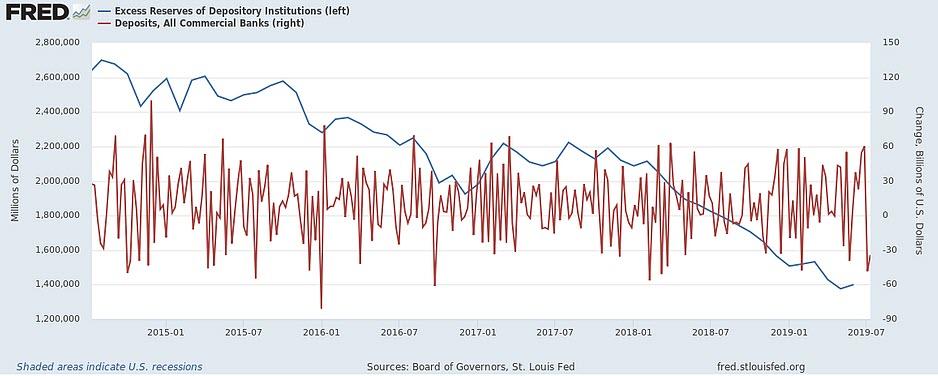Last August, I wrote about the New Jersey Appellate Division decision:
Say a coworker is chatting with you at work, and the coworker says something that suggests that he’s having sex with a teenager who’s just below the age of consent. The relationship has nothing at all to do with your company. It’s not on company property. It’s not on company time. It’s not enabled by the coworker’s job. Nor is there a state statute obligating you to report suspected sex crimes you hear about.
What do you do? Maybe you might call the police, to tip them off to the possible crime. Or maybe you’re not sure there is a crime (the coworker hasn’t outright confessed to the crime). Or maybe you’re wary of the police, and don’t want to get them involved. Or maybe you’re not wild about the state’s statutory rape law—you’re not going to violate it yourself, but you don’t want to turn someone in for it. Or maybe (rightly or wrongly) you just don’t want to be seen as the kind of guy who turns his acquaintances in to the police.
Well, in New Jersey, you’d better call the police—or else you could get sued by the victim. Indeed, the victim could also sue your employer for your failure, so your employer had better have a policy requiring employees to call the police in such situations, and had better develop a track record of enforcing the policy. That’s what a New Jersey decision from a couple of weeks, G.A.-H. v. K.G.G., threatens.
The New Jersey Supreme Court agreed to consider the case, and I just learned that late last month it reversed the Appellate Division decision. It didn’t decide the general legal question of whether such a coworker duty exists, holding instead that, on the facts of this particular case, no such duty would be triggered in any event. But at least the Appellate Division decision is no longer precedent. An excerpt:
In this case, we consider whether defendant A.M. (Arthur) was obligated to report that his co-worker K.G.G. (Kenneth) was engaged in a sexual relationship with a [15-year-old]; whether their employer, GEM Ambulance, LLC (GEM), is vicariously liable for Arthur’s failure to report; and whether GEM negligently retained, trained, or supervised Arthur or Kenneth.
Plaintiff [sued not just Kenneth but also Arthur and GEM], alleg[ing] that Arthur should have reported Kenneth to supervisors at GEM and that GEM was both vicariously liable for Arthur’s failure to report Kenneth’s conduct and negligent in retaining, training, and supervising Arthur and Kenneth…. The Appellate Division … [held that the case could go forward] because, in its view, “the common law does not necessarily preclude the imposition of” a duty to report that a co-worker is engaged in a sexual relationship with a minor and the record here was not sufficiently developed to determine whether Arthur knew of Kenneth’s illicit sexual relationship with plaintiff.
We reverse … [because] no reasonable trier of fact could find that Arthur knew or had special reason to know that Kenneth was engaged in a sexual relationship with a minor. Accordingly, Arthur had no duty to report Kenneth…. [W]e need not decide whether a co-worker or employer with knowledge or a special reason to know that a co-worker or employee is engaged in a sexual relationship with a minor has a legal duty to report that co-worker or employee….
In J.S. v. R.T.H. (N.J. 1998), this Court held that a spouse owes children sexually abused by her husband a duty of care “to take reasonable steps to prevent or warn of the harm” when she has “actual knowledge or special reason to know that her husband is abusing or is likely to abuse an identifiable victim.” We need not decide whether that duty should apply to co-workers because no reasonable trier of fact could find that Arthur knew or had special reason to know that Kenneth was engaged in an illegal sexual relationship with a minor.
The plaintiff has pointed to the following facts to establish a duty of care for Arthur to report Kenneth: (1) Kenneth walked plaintiff to her bus stop while she carried a backpack; (2) Kenneth gave inconsistent accounts of the age of his “girlfriend” when bragging to co-workers about his “girlfriend”; and (3) Kenneth showed Arthur pictures or videos of a naked female on his flip-phone. However, those facts do not establish that Arthur knew Kenneth was engaged in a sexual relationship with a minor—nor do those facts establish a “special reason [for Arthur] to know” that Kenneth was engaged in a sexual relationship with a minor.
It is often difficult to know someone’s age based upon appearance alone…. Nothing in the record suggests that Arthur viewed any pictures or videos of plaintiff. But, even assuming he did, in order for Arthur to know that plaintiff was below the age of consent, he would have had to perceive the difference between someone who is above or below the age of consent based upon appearance alone and from a small cellphone image. A small cellphone image of a naked female does not give rise to a “special reason to know” that Kenneth was engaged in a sexual relationship with a minor.
We further hold that there are no facts presented upon which liability could attach to GEM. Because Arthur did not commit a tort, GEM cannot be held vicariously liable for his conduct. And the record does not adequately support plaintiff’s claim for negligent retention, training, or supervision. Although plaintiff has pointed to various actions by Kenneth that occurred at work, the only tort in this case is Kenneth’s off-duty abuse of plaintiff. That Kenneth bragged about having a younger “girlfriend” at work and also drove a GEM ambulance to plaintiff’s bus stop [to meet plaintiff] does not make GEM negligent in retaining, training, or supervising Kenneth or Arthur….
from Latest – Reason.com https://ift.tt/2MaBITT
via IFTTT








